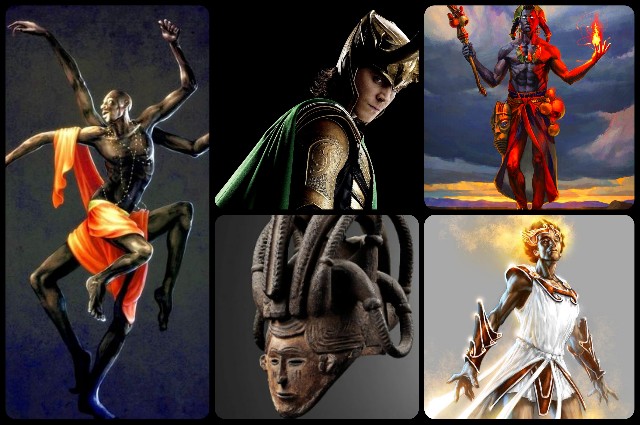Trickster gods are fascinating figures found in many mythologies around the world. They possess cunning, mischief, and often shape-shifting abilities. While there are numerous trickster gods in different cultures, here are some of the most popular and powerful ones:
1. Loki (Norse Mythology):
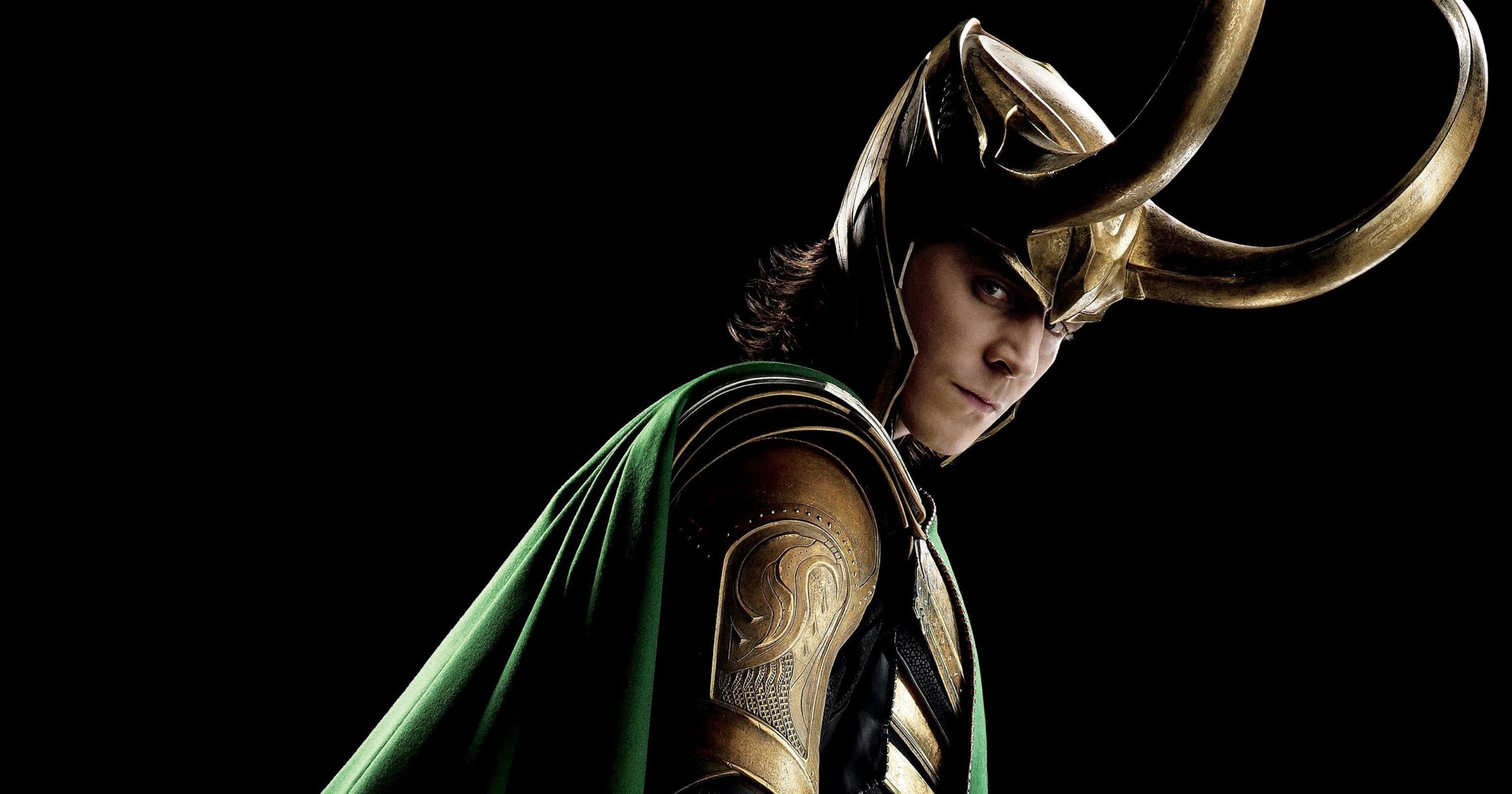
Loki is a mischievous and complex figure in Norse mythology. He is known for his shape-shifting abilities, cleverness, and penchant for causing trouble. Loki often assists and hinders the gods with his schemes and is associated with chaos and change.
2. Hermes (Greek Mythology):
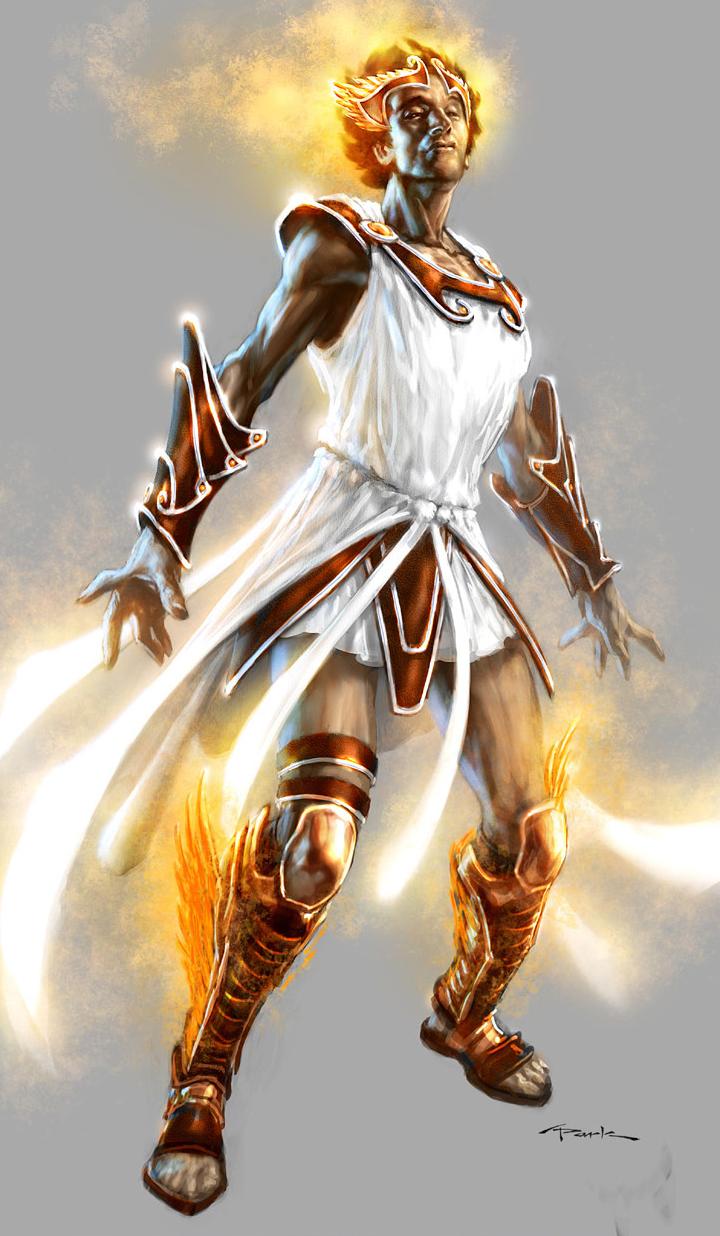
Hermes, known as Mercury in Roman mythology, is the messenger of the gods and the patron of travelers, thieves, and merchants. He is quick-witted, cunning, and often depicted as a trickster figure. Hermes is known for his ability to move swiftly between the mortal and divine realms.
3. Anansi (West African Mythology):
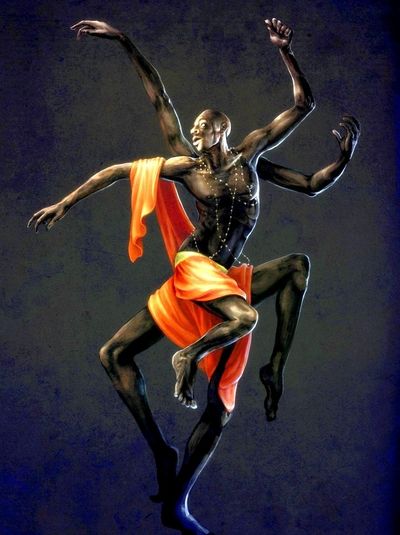
Anansi is a spider trickster god in West African folklore, particularly among the Akan people of Ghana and Ivory Coast. He is a cunning and clever figure who uses his wit to outsmart others. Anansi is often associated with storytelling, wisdom, and the dissemination of knowledge.
4. Coyote (Native American Mythology):
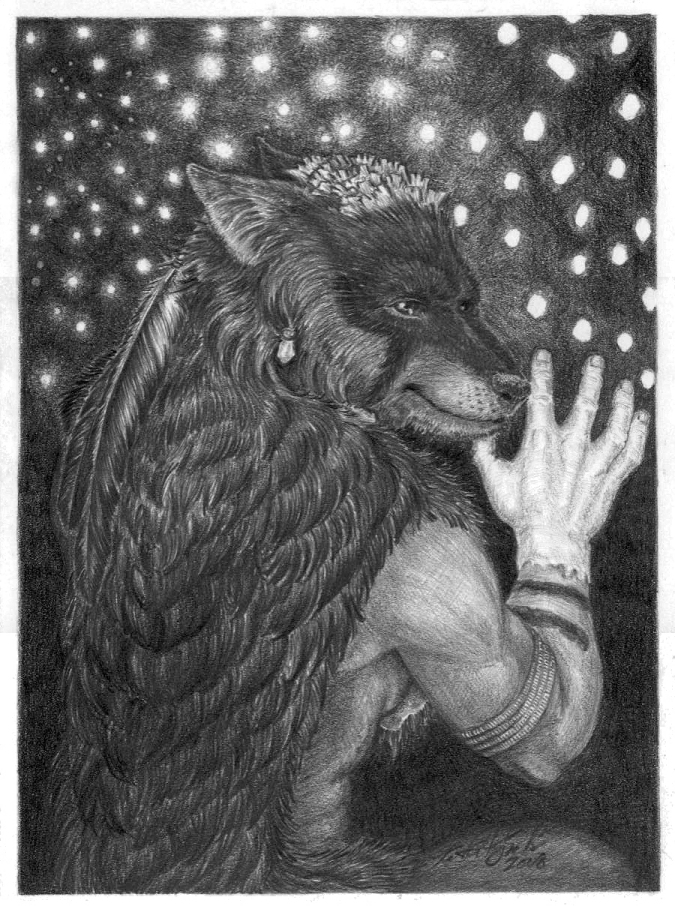
Coyote is a prominent trickster figure in many Native American cultures, including those of the Plains, Southwest, and Pacific Northwest. He is a shape-shifter and a creator and destroyer of worlds. Coyote uses his cunning to navigate the complexities of life and often serves as a mediator between humans and the supernatural.
5. Krishna (Hindu Mythology):
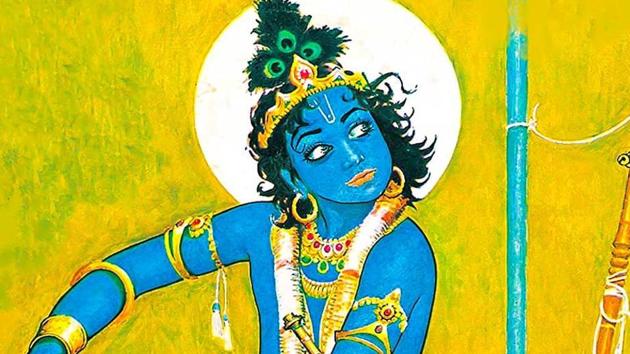
Krishna is an important deity in Hindu mythology and is revered as a trickster figure in the epic poem, the Mahabharata. He is known for his playful and mischievous nature as a child and his ability to outsmart his opponents during battles. Krishna’s tricks often have deeper philosophical meanings.
6. Eshu (Yoruba Mythology):
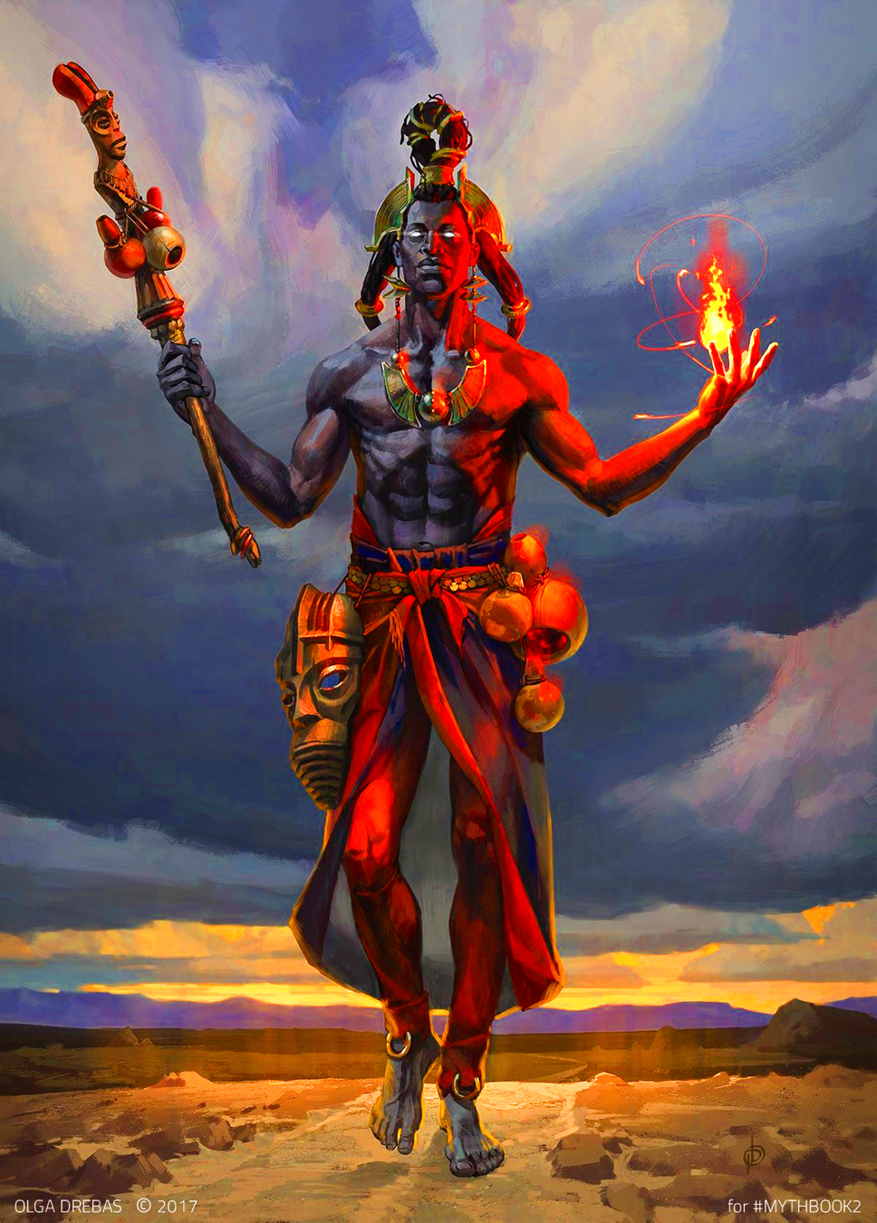
Eshu is a trickster god in Yoruba mythology, primarily worshipped by the Yoruba people of Nigeria and Benin. He is a messenger between the human and divine realms and is associated with chaos, crossroads, and trickery. Eshu’s actions can bring fortune or misfortune, depending on how he is appeased.
7. Puck (English Folklore):
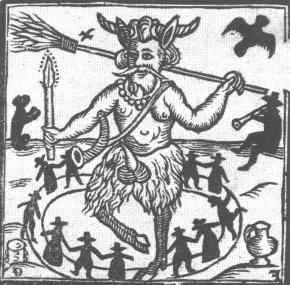
Puck, also known as Robin Goodfellow, is a mischievous sprite in English folklore. He is often associated with the character in Shakespeare’s “A Midsummer Night’s Dream.” Puck is known for playing pranks on humans, meddling in their affairs, and causing confusion and chaos.
8. Ekwensu
In Norse mythology, nothing comes without a price for Loki. However, in Igbo cosmology, the trickster and bargaining god Ekwensu does not follow this same principle. It is worth clarifying that despite religious beliefs suggesting otherwise, Ekwensu is not synonymous with the devil.
When Christianity was introduced to Nigeria, those unfamiliar with the local culture and custo
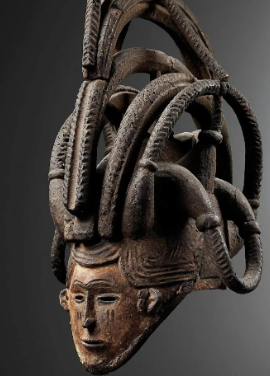
ms misunderstood the concept of Ekwensu while trying to compare it to their own beliefs. As a result, Ekwensu became incorrectly associated with the devil. This misconception has persisted over time, distorting Ekwensu’s true nature.
Similar to how Loki is known in Norse mythology as the master of deceit, Ekwensu fulfills a similar role among the Igbo gods (Alusi) such as Ani, Chukwu, and Igwe.
In Igbo spirituality, the concept of the devil does not exist. Instead, Ekwensu is regarded as the god responsible for bringing victory to the people, particularly in times of war. His craftiness in trade and negotiations is highly valued, and people often seek his guidance in difficult financial situations. Some perceive him as a spirit of violence who incites people to commit v*olent acts. However, like all tricksters in various mythologies around the world, there is no room for ambiguity in Ekwensu’s nature.
These are just a few examples of popular trickster gods from different mythologies. Each of these figures brings their own unique characteristics, stories, and cultural significance to the world of mythology.
